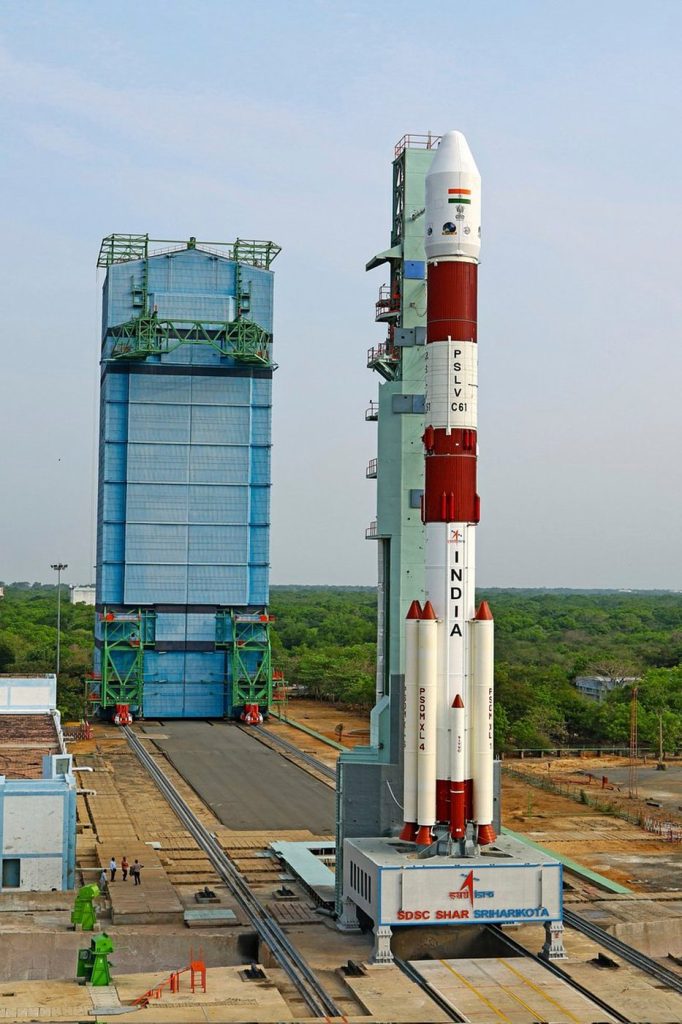NEW DELHI (AP) – The Indian Space Research Organisation (ISRO) faced a setback on Sunday as their attempt to launch the EOS-09 Earth observation satellite into orbit encountered a significant technical issue. The launch vehicle, PSLV-C61, was initiated from the Sriharikota space center located in southern India. However, shortly after takeoff, the mission was deemed unsuccessful due to complications during the third stage of flight.
V. Narayanan, the chief of ISRO, reported that the failure arose from “a fall in the chamber pressure of the motor case,” which ultimately prevented the successful achievement of the mission objectives. This event marks a notable disappointment in ISRO's ongoing efforts to enhance India's capabilities in space technology and satellite deployment.
ISRO, which has been operational in the field of space research since the 1960s, has a long history of launching satellites not only for India but also for various other countries. One of its most remarkable achievements includes successfully placing a satellite into orbit around Mars in 2014, showcasing the agency’s technological prowess and expertise in the space domain.
The Indian space agency has also recently made headlines for its significant progress in lunar exploration. Following a previous unsuccessful attempt to land on the moon in 2019, India made history in 2023 by becoming the first nation to successfully execute a landing near the moon's south pole. This landmark mission ventured into uncharted territory, which scientists believe may harbor valuable reserves of frozen water, further establishing India as a burgeoning leader in space exploration.
Despite the current setback concerning the EOS-09 mission, ISRO’s achievements and advancements continue to be noteworthy. The agency has consistently demonstrated its capacity to overcome challenges and achieve significant milestones in space exploration, contributing to its reputation on the global stage. With the motivation to learn from setbacks, ISRO is expected to continue its ambitious programs aimed at expanding India’s influence in the field of space science and technology.
As the Indian space sector evolves, the focus remains on enhancing the capabilities for future missions, where the lessons learned from the PSLV-C61 launch will undoubtedly play a crucial role in the strategic planning and execution of subsequent projects. ISRO is anticipated to regroup and prepare for future endeavors with renewed vigor, as the nation aims to solidify its standing as a prominent player in the global aerospace landscape.











